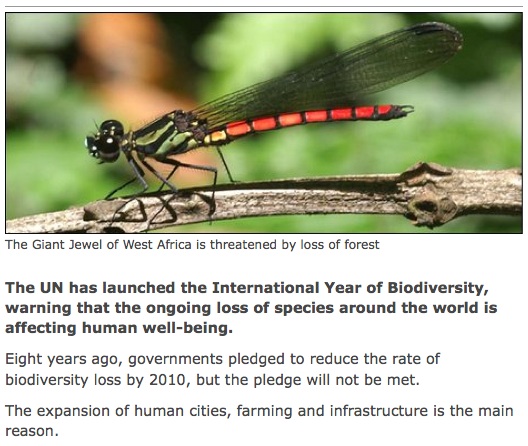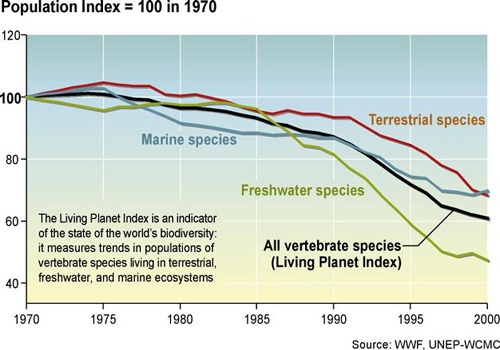Someone that I trust very much once wrote to me the following:
This has given me the greatest trouble and still does: to realize that what things are called is incomparably more important than what they are. The reputation, name, and appearance, the usual measure and weight of a thing, what it counts for–originally almost always wrong and arbitrary, thrown over things like a dress and altogether foreign to their nature and even to their skin–all this grows from generation unto generation, merely because people believe in it, until it gradually grows to be a part of the thing and turns into its very body. What at first was appearance becomes in the end, almost invariably, the essence–and is effective as such. How foolish it would be to suppose that one only needs to point out this origin and this misty shroud of delusion in order to destroy the world that “counts” for real, so-called “reality.”
We can destroy only as creators. But let us not forget this either: it is enough to create new names and estimations and probabilities in order to create in the long run new “things.”
My friend, Fred, knows quite a bit about the relationship between epistemology and rhetoric. He’s studied both in a thorough, indeed, obsessive manner. I’ve learned a great deal from him about what contemporary rhetoricians call epistemic rhetoric–the concept that knowledge is not just shaped by persuasive forces, but constituted through it.
Most days I’m energized by this. Probably because I identify myself as a rhetorician. But today I’m feeling overwhelmed by the power of words that have reified, creating realities for so many. To be more specific, two words are sticking with me today and generating equal parts despondency and rage: habitat loss. All-too ubiquitous of a phrase. Revoltingly repetitive in our mediascape.
I don’t know what triggered today’s mental spiraling, but it might have been this article from the BBC, posted last week:
Loss of forest? It’s lost? You mean, as in, misplaced?
(The United States has less than 4% of its original forests.)
If you can get past the sickening anthropocentrism that frames the article (the ongoing loss is affecting human well-being?!), the article had plenty of memorable phrases, such as: “species extinctions [are] running at about 1,000 times the ‘natural’ or ‘background’ rate, [and] some biologists contend that we are in the middle of the Earth’s sixth great extinction.”
But it’s tough to tell if it was this article that triggered my tears and fists, or one of the many others that say the exact same thing.
How we discuss this collective murder (and by extension, suicide) structures the way we perceive it. So let’s consider just for a moment this language, starting with Derrick Jensen’s take on it:
The very day we wrote the final words of this book, scientists declared that yet another subspecies of tiger had gone extinct in the wild (with only captives remaining, so discouraged they’re dosed with Viagra to try and make them breed).
Gone extinct. Such a passive way to put it, as though we know no cause, can assign no responsibility. It’s almost as though we were to say that victims of murder passed away, or that victims of arson decided to move.
It is a language of unaccountability. It is a language that diverts attention away from those who are stealing land, toxifying the soil and our bodies, and murdering all forms of species. Consider another instance of this rhetoric of unaccountability, in a different article from the BBC:
Are they just “moving toward” extinction, or being driven there involuntarily and ruthlessly?
Are they “swimming into trouble,” or are they being caught and slaughtered en masse?
Who’s responsible for the over-fishing that has taken 90% of the ocean’s large fish? Who’s responsible for the murder-to-point-of-extinction of sharks? The fishing companies? The corporations that own them? The corporations that buy from them? The large-scale stores that support the sale of anything that can have a price tag put on it “legally”? The consumer? The culture industry for portraying sharks as ruthless human hunters? (Think Jaws, then consider that the rate of shark attacks on humans to human attacks on sharks is about 1 to 20,000.)
None of these questions arise, because the language is neutral and passive. Nothing in this rhetoric invites any inquiry toward responsibility.
A rhetoric that diffuses. Diverts. Attenuates. Deflects. Veils. Distracts.
Take another look at that population index chart. Then repeat to yourself the fact that the planet’s species are undergoing extinction at a rate 1,000 times greater than before industrial civilization. Then–please–ask yourself if the seriousness of the situation necessitates an equally serious resistance movement.
Seriously, now’s the time to ask.
Unlike Fred, I do not think that “it is enough to create new names” for this particular situation. Much more must be done. Much, much more. Anything and everything that will stop the murder of the planet must be considered.
But “new names” is indeed a part of this equation. So today I recommend a reframing of the term “extinction.” Instead of thinking of it as the death of a species, think of as the end of birth.



